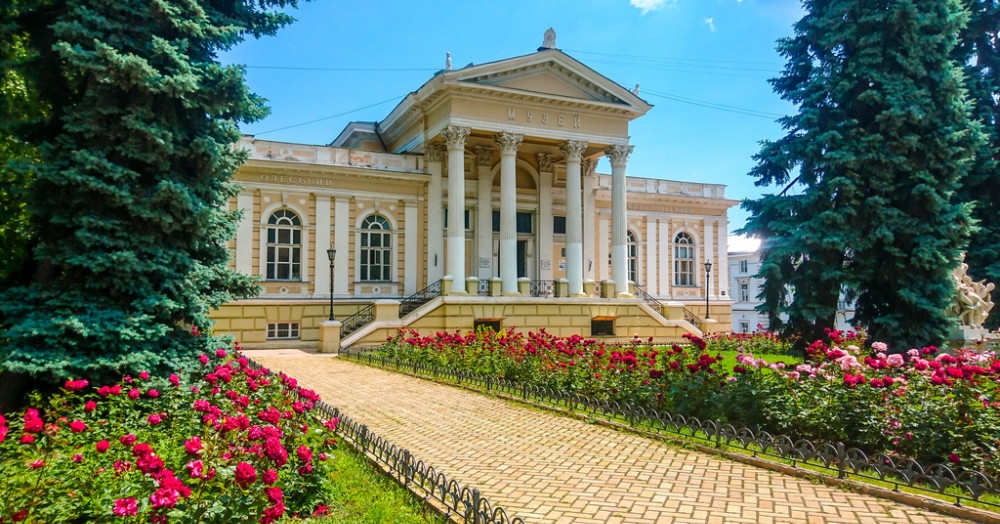
Is buying a historic home right for you?
How do you distinguish a historic home from a new home? Usually, there is a list compiled by the National Registry of Historic Places. In this list, historic homes have been compiled based on their architectural style, age, and the general/overall significance. Also, as much as historic homes offer the quirky feature, not forgetting their unique charm, they come along with a given set of benefits as well as challenges. Take a look at the below-outlined pros and cons of purchasing a historic home. Read on!
Pros
They showcase plenty of charisma and charm
A historic home offers a classic, yet unique view, take for instance, from antique door knockers, ornate fireplaces, intricate crown molding to the vintage built-ins. These are just some of the fun details that may thrill you with historic homes. They come along with a vast range of outstanding architectural designs.
They are filled up with history
Apart from the amiable characteristics found in historic homes, each house carries its unique history, which is passed through each house owner. Are you a history buff? A historic home can be a better way to quench your history thirst.
You aid in keeping the history alive
By buying a historic home, you play a significant role in keeping as well as preserving its history.
You might get monetary paybacks
According to Porch.com, if you intend to purchase a historic house, the local government could step in and offer you tax inducements or favorable interest loans to reinstate the homes or simply to preserve them.
Cons
Historic homes may require lots of work
Bearing in mind that the majority of the historic homes are at least fifty years old, you better have your toolkit ready for repairs and some renovations. The most of the common challenges are electrical issues, water damages, and termite damage. Also, you may require some structural adjustments to have your home to your preferred tune.
Selected historic regions come with stringent rules
This can be listed as one of the key disadvantages of buying historic homes. Why? In some districts, homeowners must adhere to given rules and guidelines provided by the local laws. These can restrict you from renovating or adding in new features.
Mismatched updates and renovations
Take for example; if a home is dated 100 years, you can imagine how many families have lived in that house. Now, imagine each family, while moving in and making a few adjustments and renovations to their preference, eventually, this leaves the historic home with dozens of different designs. This might leave the house with mismatched updates; a 70’s style bathroom, with a 90’s style kitchen. Therefore, it is important to keep this in mind if you are very specific about how you want your house interiors to be.
Your insurance cover may be expensive
Many of the insurance firms do not offer cover in historic properties, this automatically leaves you with one insurance option; going for historic property insurance, which might be very expensive. Also, according to Esurance.com, the older the property is, the more the insurance costs.
You may experience unwanted surprises
It is always advised that to avoid chances of molds, termites, you should consider having a thorough, reliable home inspection especially for a historic home. Failure to, you may be at risk of finding unexpected shocks.
Buying a historic home?
Before acquiring a historic home, evaluate the pros and cons that are mentioned above. If your joy is in owning a stately house, filled with its unique characteristics, not forgetting its history outweighs the repairs agony, expensive insurance covers and the strict rules… then this is the property type for you.